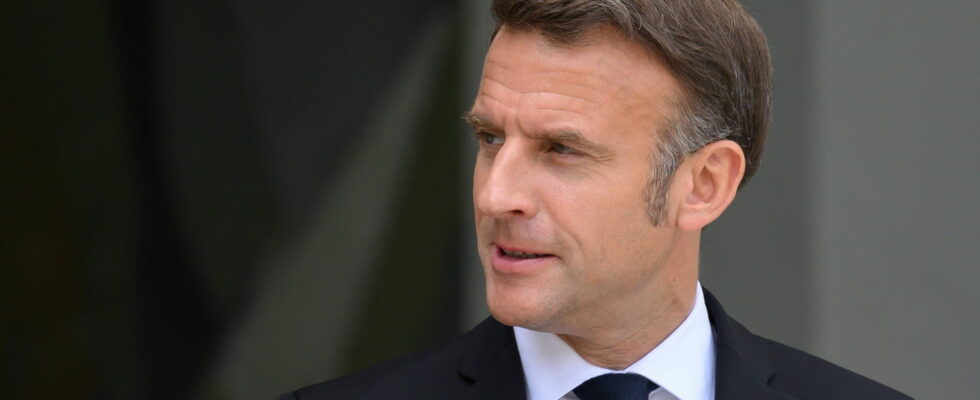There is indeed a scenario that could give rise to a presidential election in France in a few months.
The dissolution of the National Assembly pronounced by Emmanuel Macron called for the organization of legislative elections, but the latter could get the better of the presidential majority. While the President of the Republic has a majority, even relative, in the hemicycle, he risks seeing the weight of his camp decrease considerably in the lower house of Parliament following the elections of June 30 and July 7. This is in any case what the results of the polls on the legislative elections suggest, which give the presidential majority clearly behind the National Rally and the union of the New Popular Front.
In the event of defeat in the legislative elections, that is to say in the event of loss of relative majority, the presidential camp will no longer be able to govern France. All ministers will be removed from office if another political force wins. A new Prime Minister from the new majority in the Assembly, whether from the right, the left, or a coalition, will then have to be appointed and form a government. But can the legislative elections lead to the organization of a presidential election in 2024?
The presidential election brought forward on one condition
The next presidential election is scheduled for 2027, five years after the last election which saw the re-election of Emmanuel Macron. Holding early legislative elections in 2024, instead of 2027, does not change the dates of the presidential electoral agenda and does not justify the organization of a presidential election immediately. Only an “impediment” or a “case of vacancy” of the President of the Republic deemed “definitive” by the Constitutional Council calls for the holding of a presidential vote according to thearticle 7 paragraph 4 of the Constitution. The text then specifies that the election must be organized “at least twenty days and at most fifty days after the opening of the vacancy or the declaration of the definitive nature of the impediment”. But there is no obstacle to the continuation of Emmanuel Macron’s mandate in the event of the electoral defeat of his majority.
Macron prevented by an institutional blockage?
The composition of the National Assembly following the legislative elections may, however, become a blocking element for the government and the head of state. If he does not obtain a majority, absolute or relative, Emmanuel Macron will not be able to carry out his policy since another party will be at work in government. But if no party has a majority – if the 577 seats in the Assembly are distributed so that no party has a clear majority compared to the others – all national politics risks being at a standstill due to the lack of being able to pass laws and form a government supported by a majority. Remember that a simple motion of censure voted by a majority of deputies instantly brings down a government. Faced with this inaction, Emmanuel Macron could see his resignation as the only solution to move the government forward in one direction or the other.
A resignation by Emmanuel Macron would, however, have limited institutional consequences: the President of the Senate would be responsible for the interim while awaiting the organization of a new presidential election within a period of between 20 and 50 days. A presidential election would make it possible to change the head of state, but not to review the composition of the National Assembly and would not resolve the institutional blockage.
But if Emmanuel Macron can decide to resign, nothing forces him to do so, not even an institutional blockage due to the absence of a majority in the National Assembly. And the head of state was very clear about a possible resignation on his part and assured that this will not happen even after a defeat in the legislative elections and a loss of majority in the Assembly. The head of state considers himself justified in assuming the presidency until the end of his mandate in 2027.
